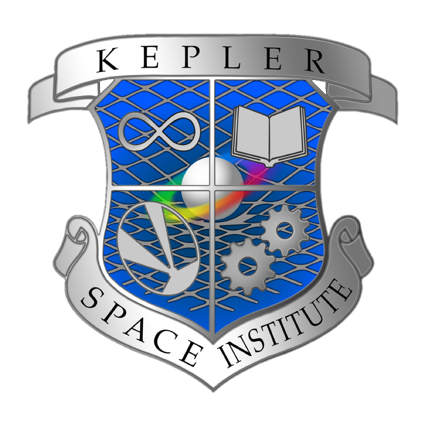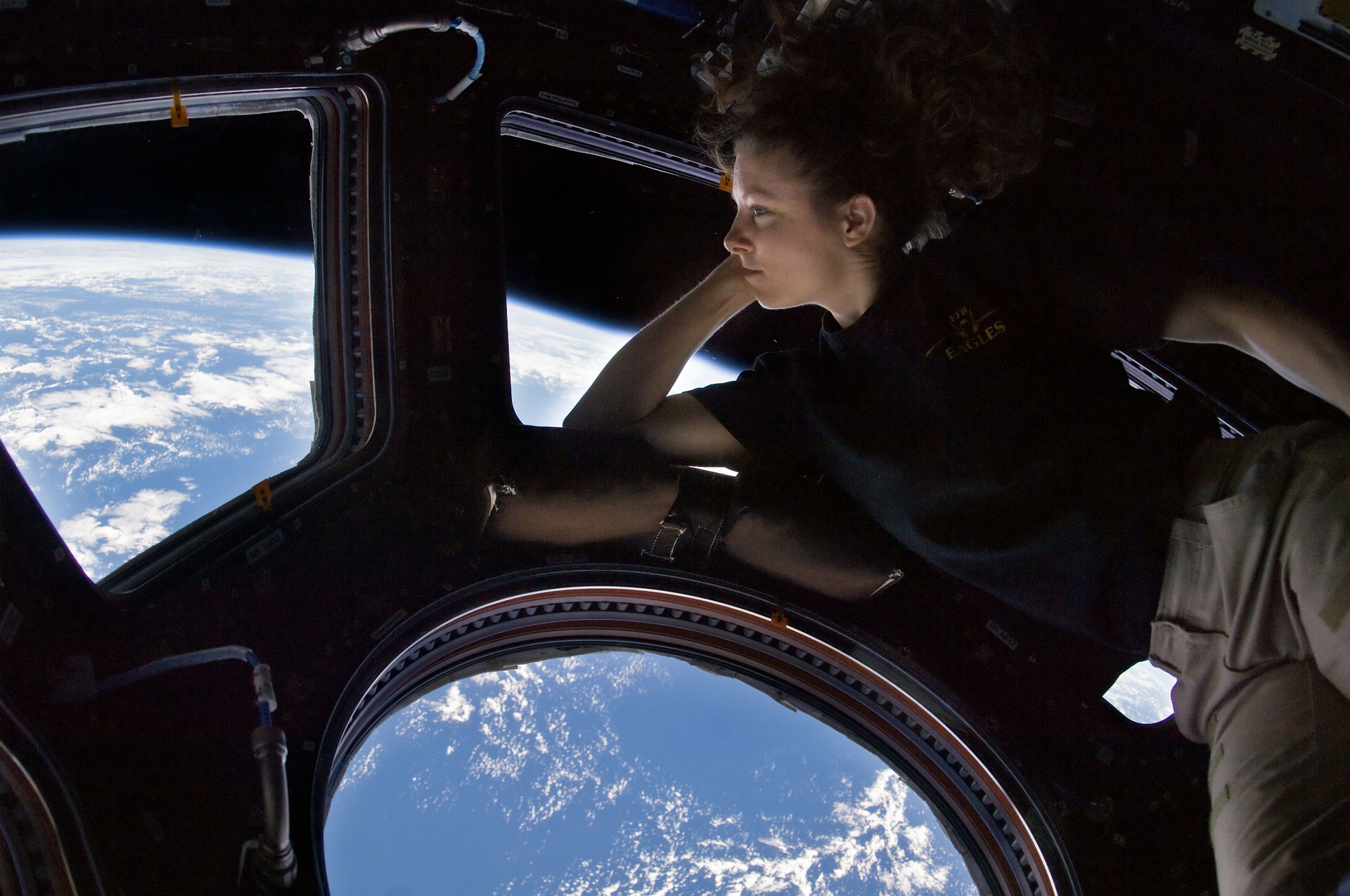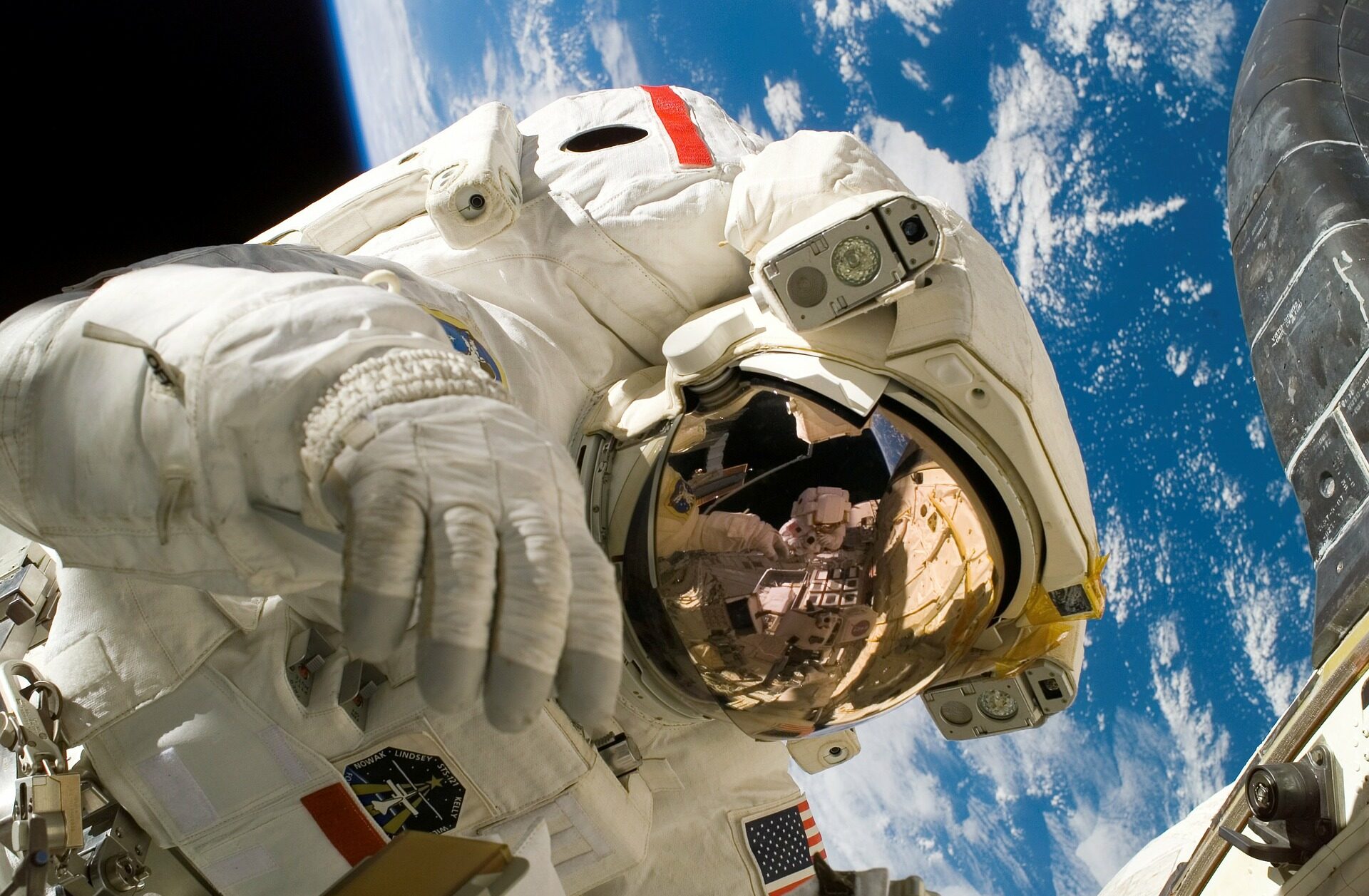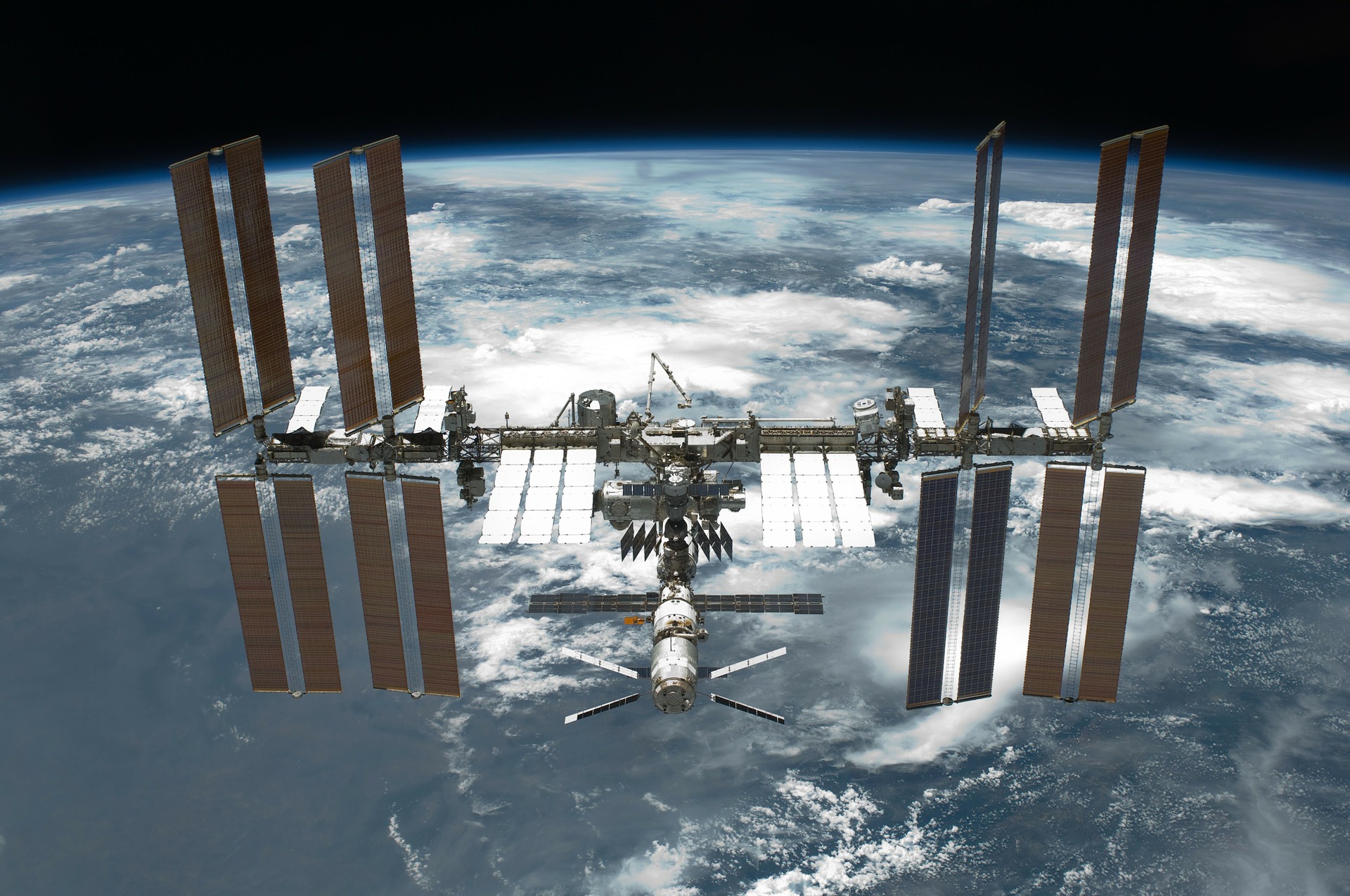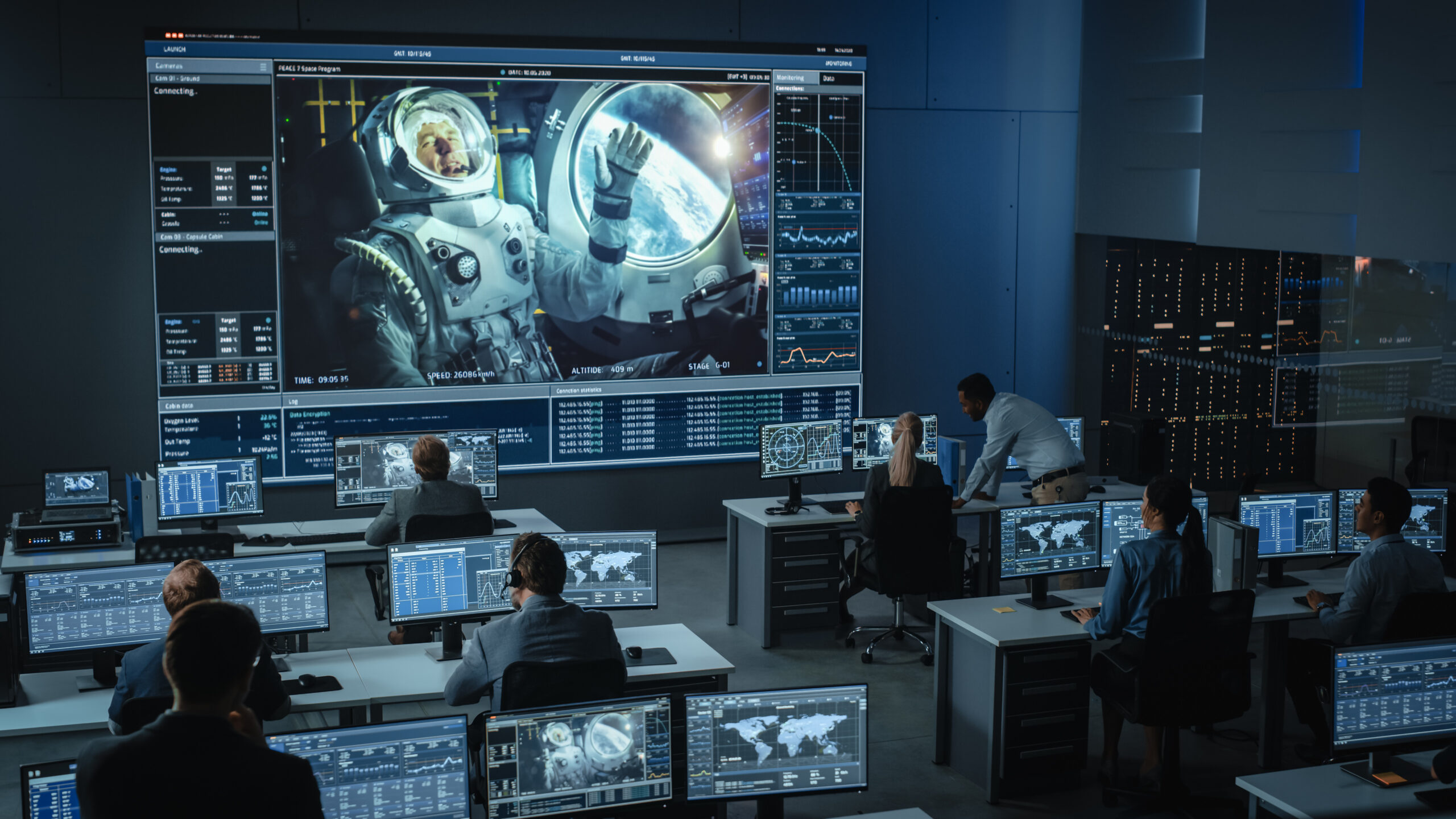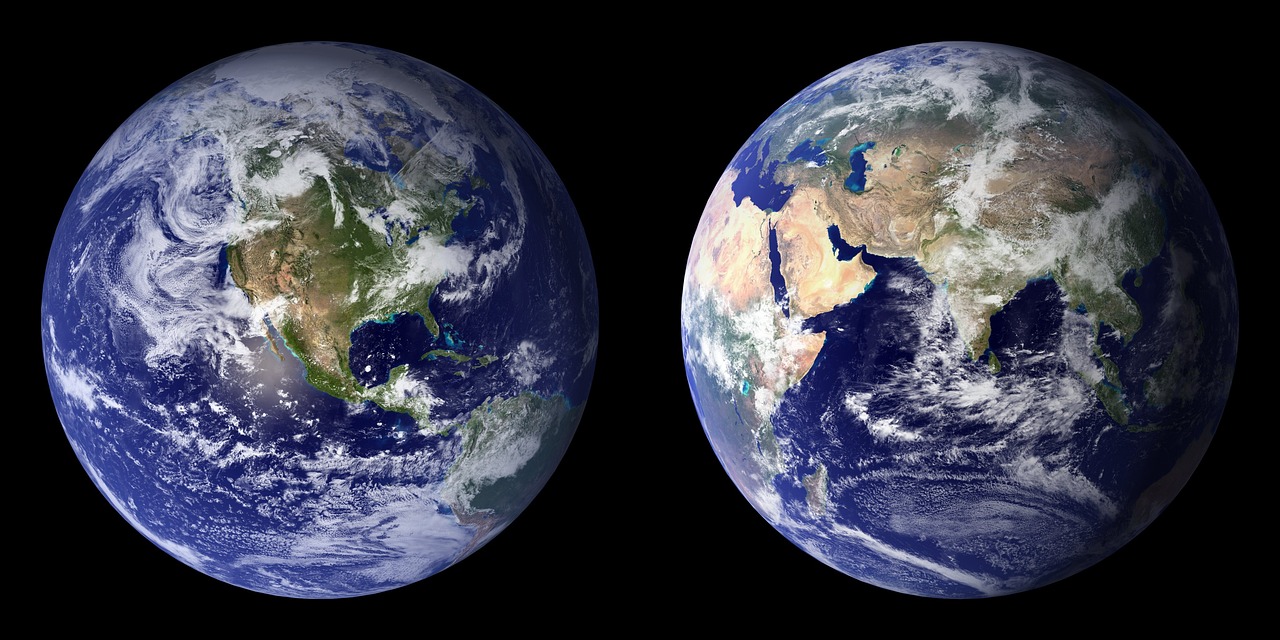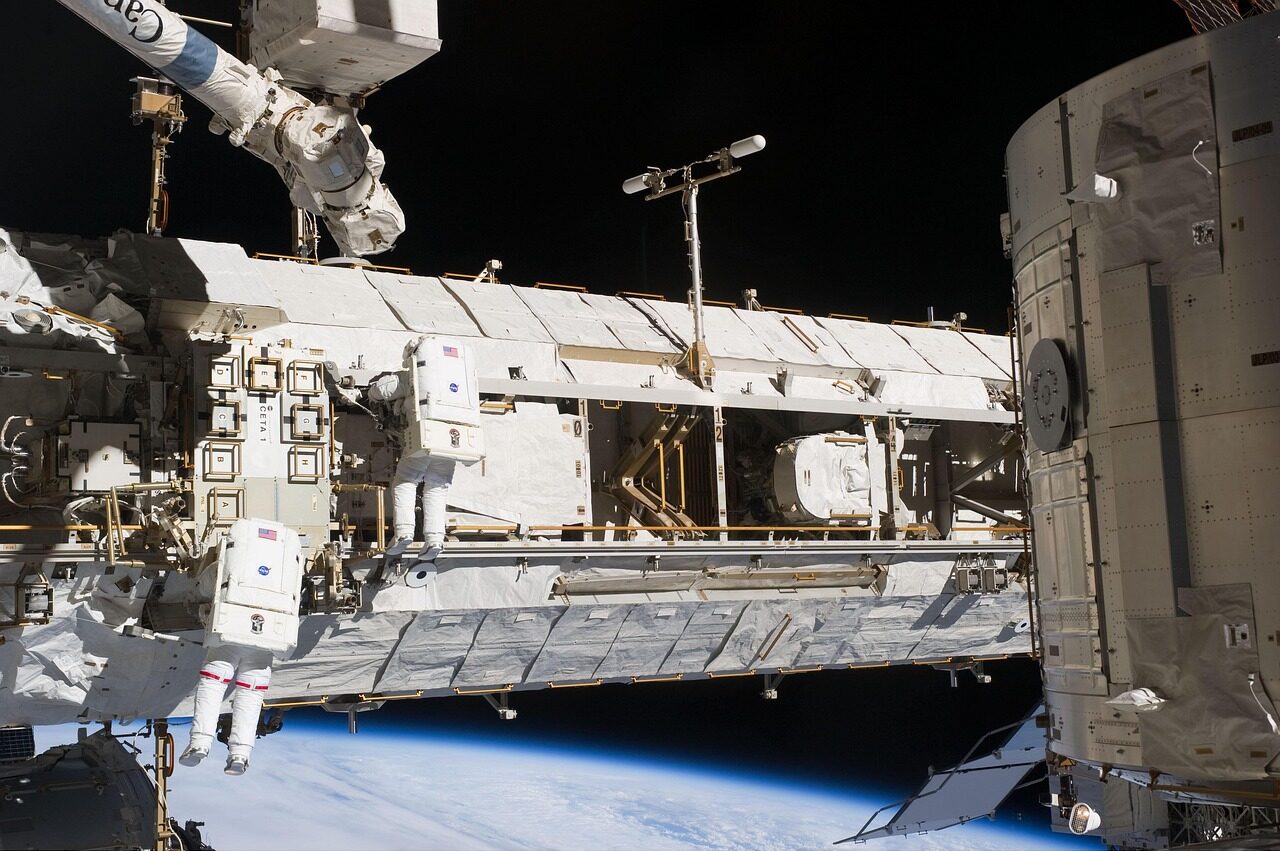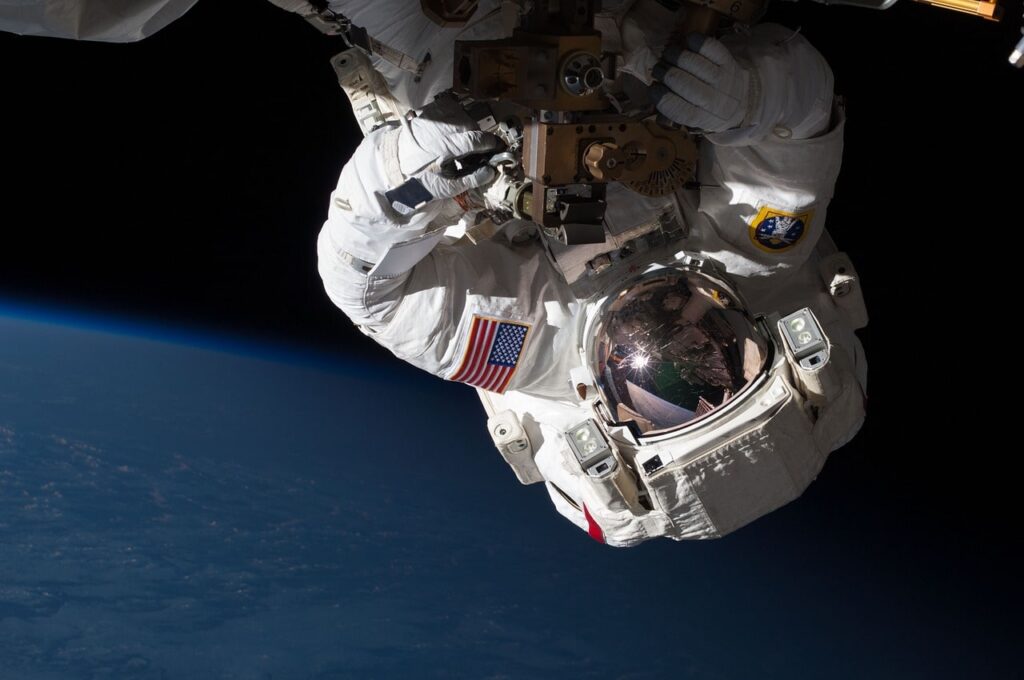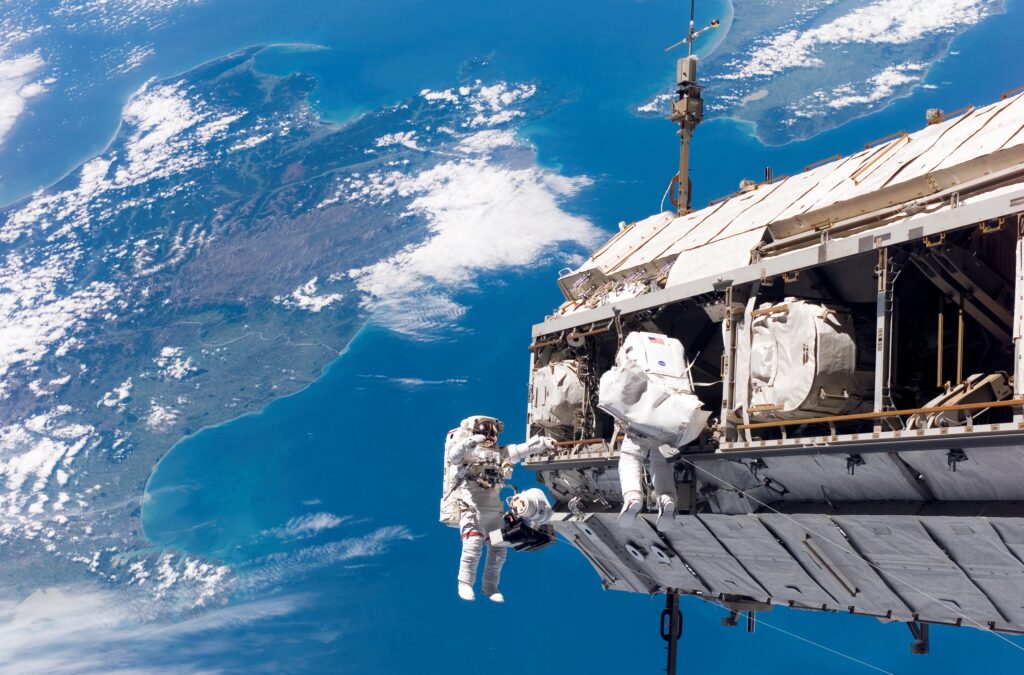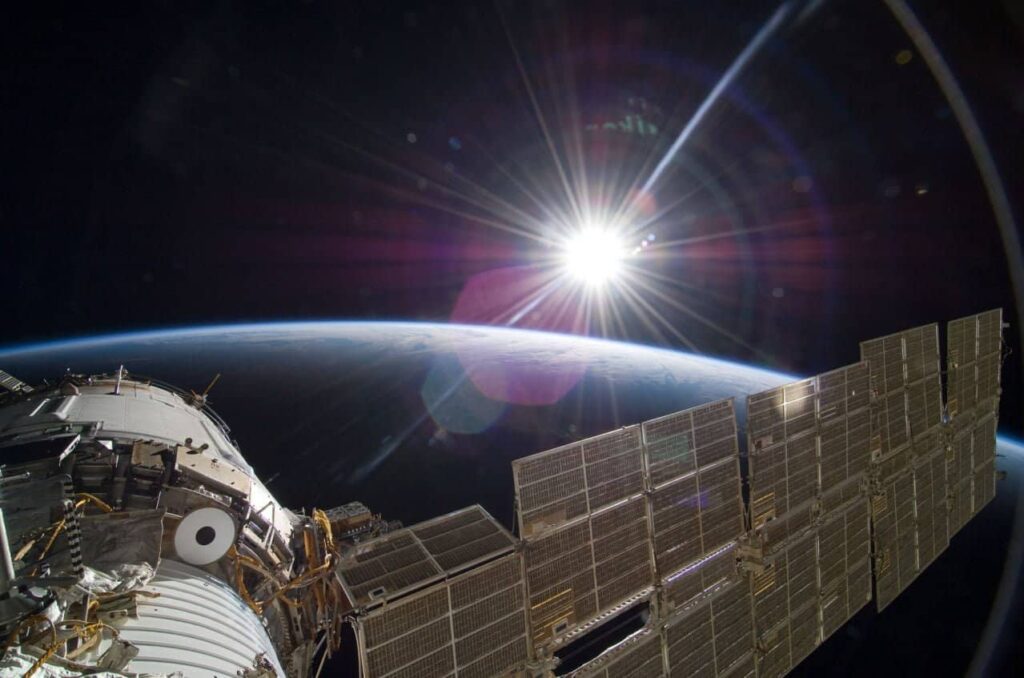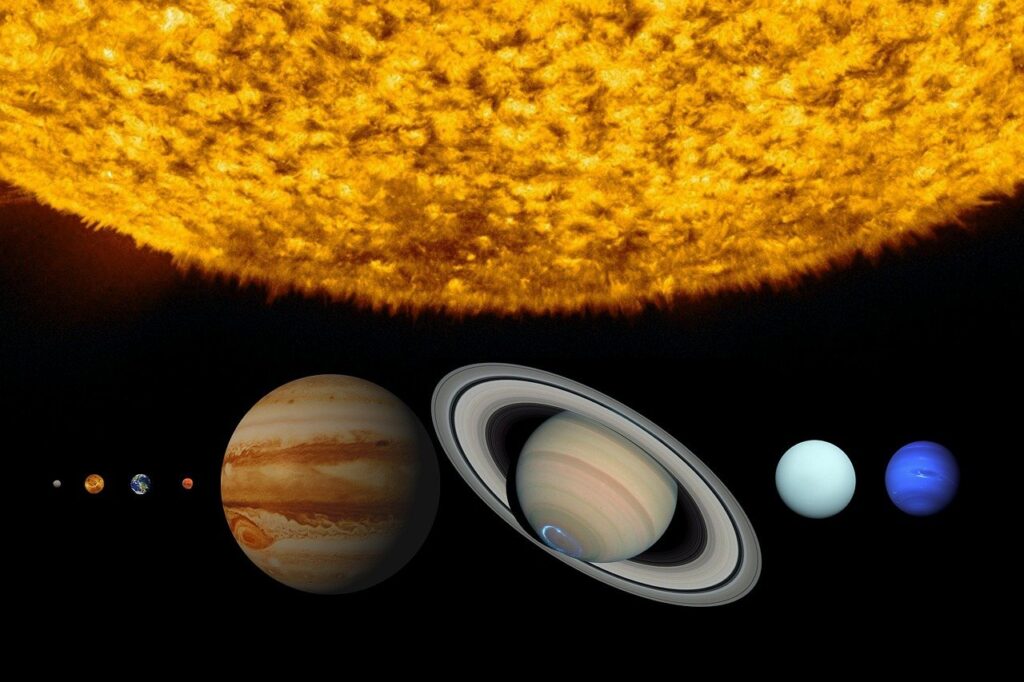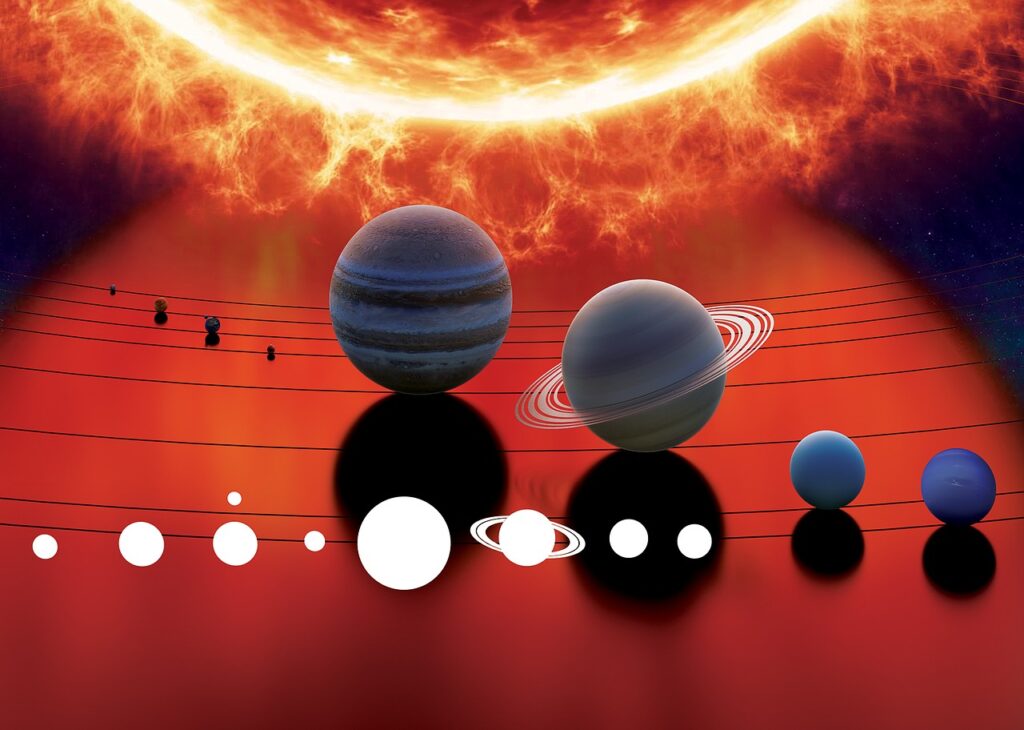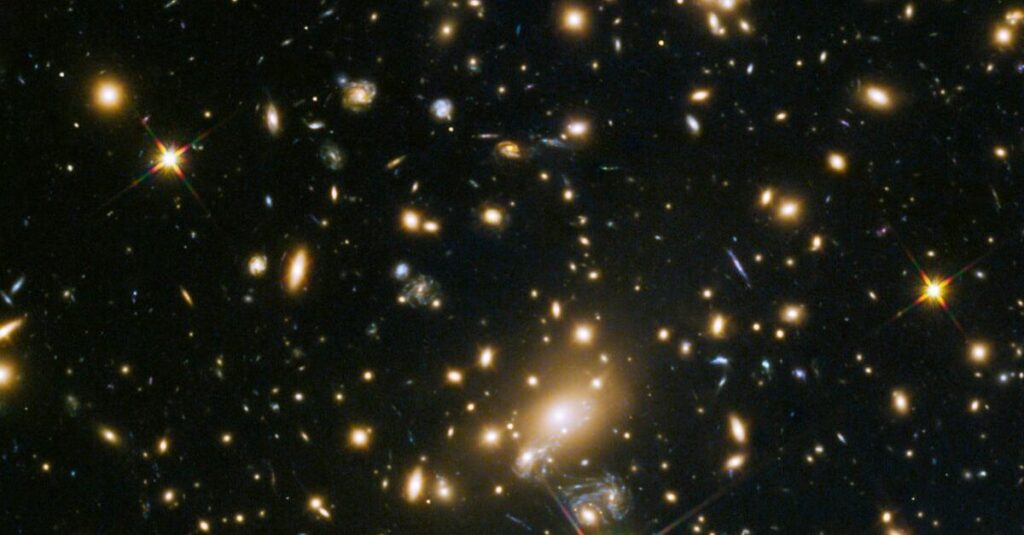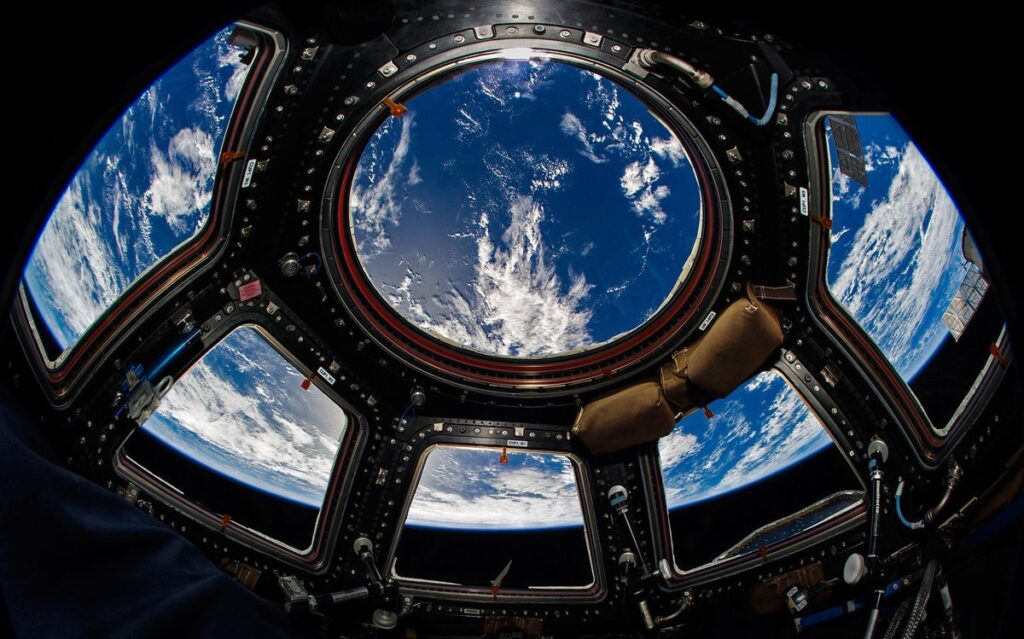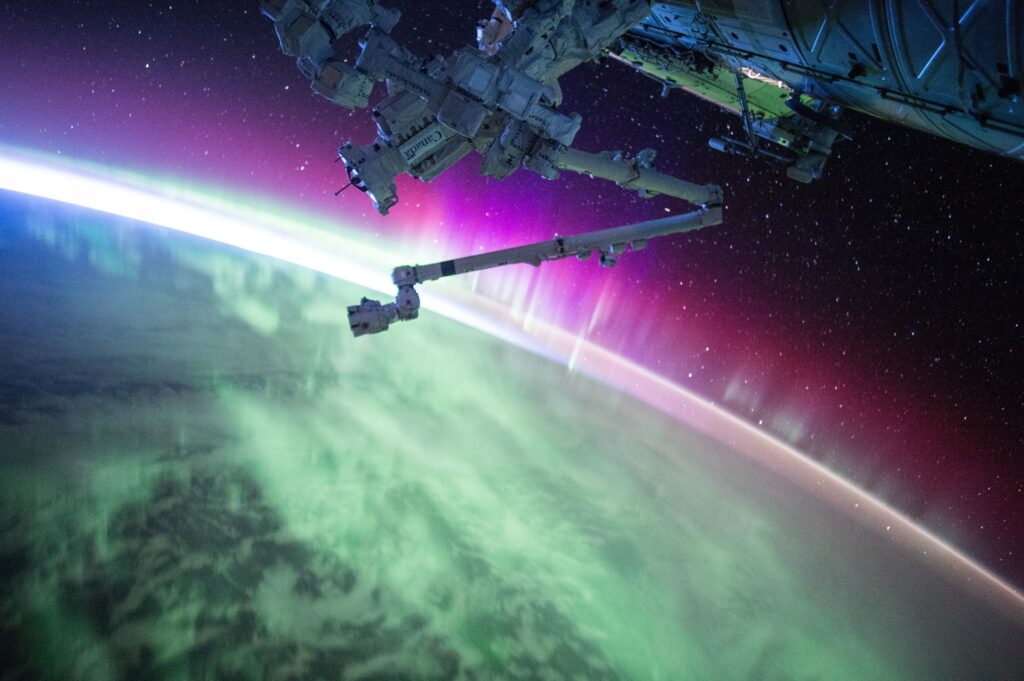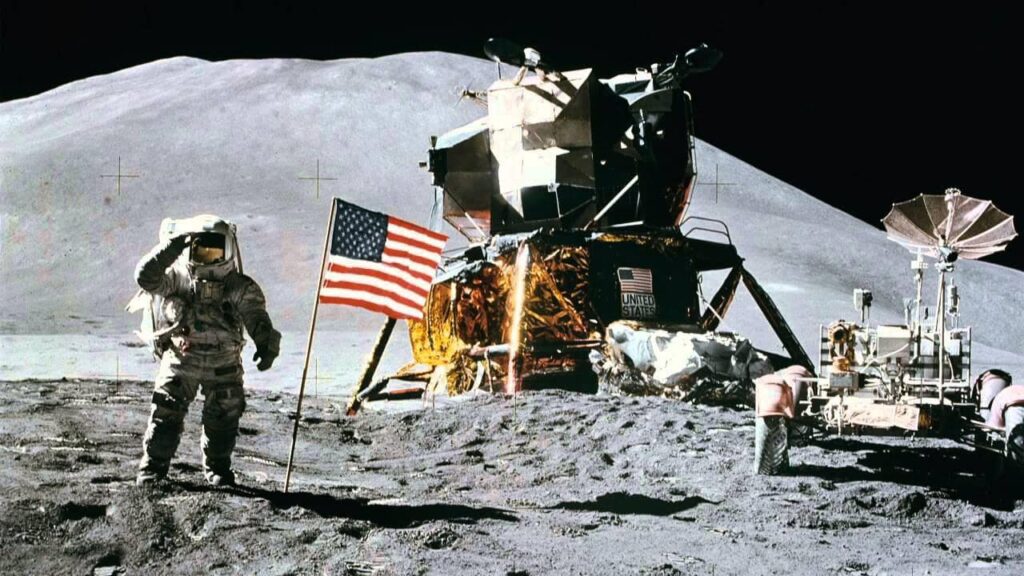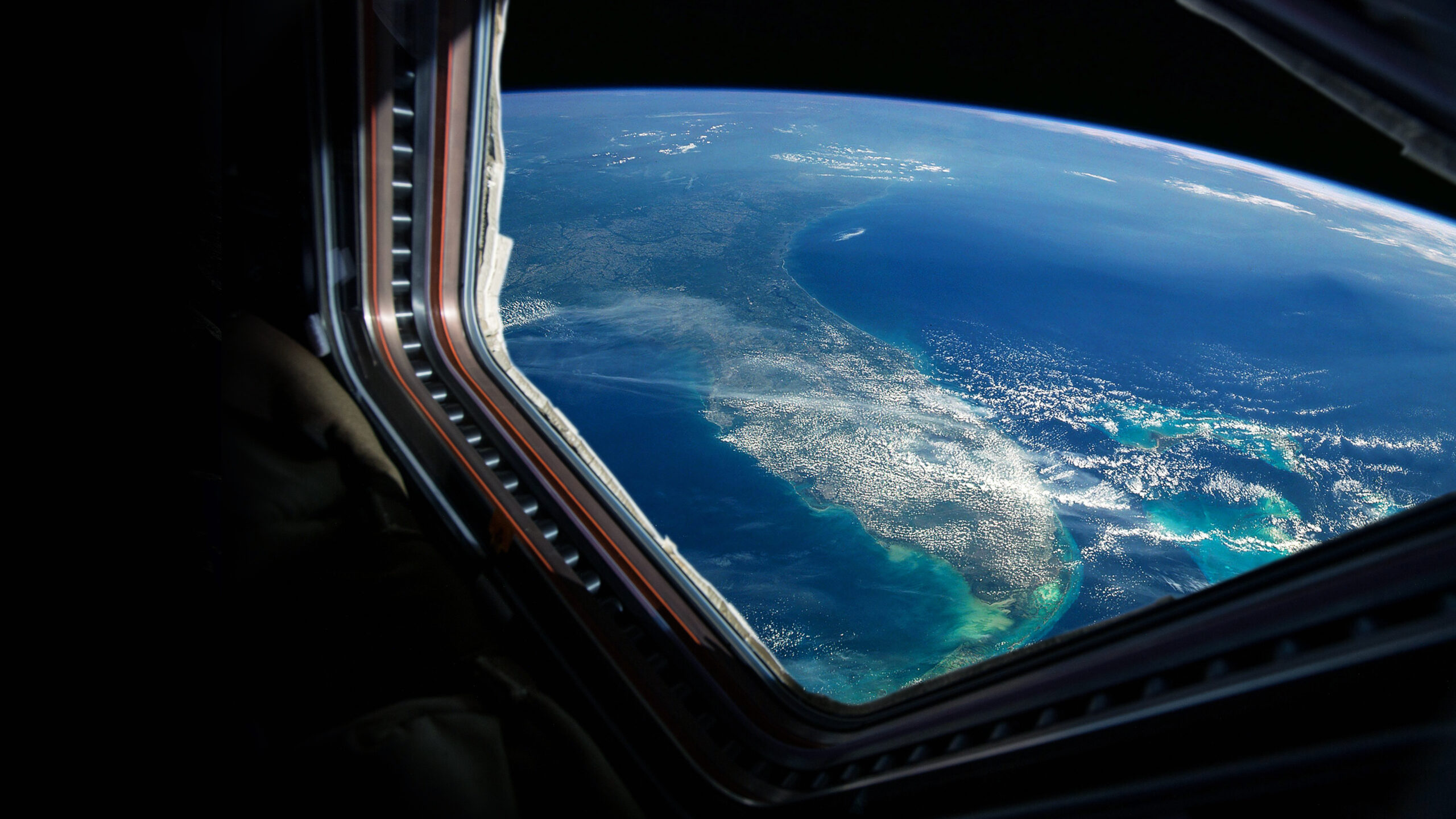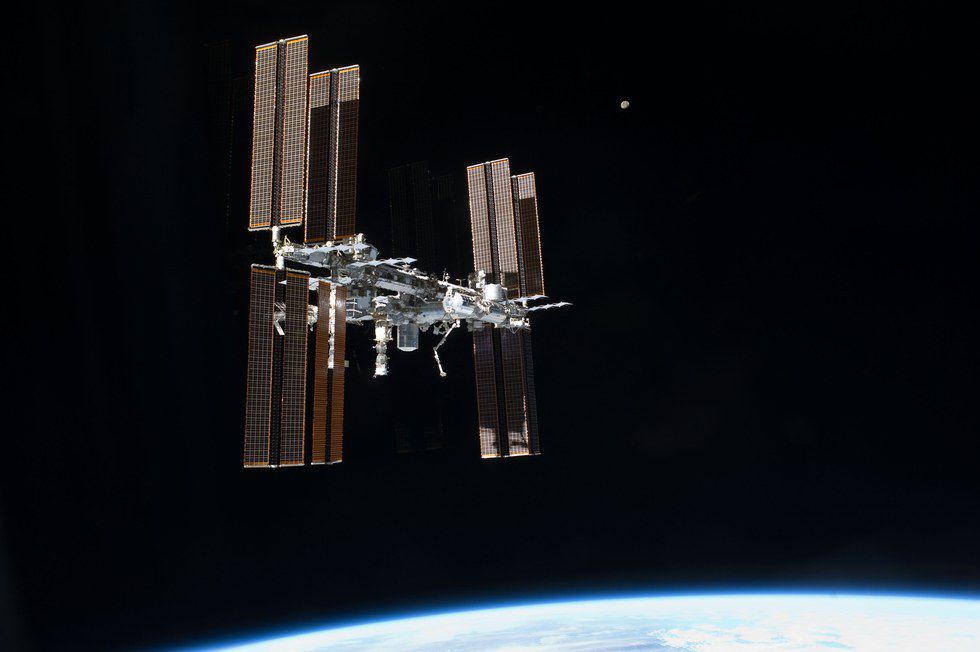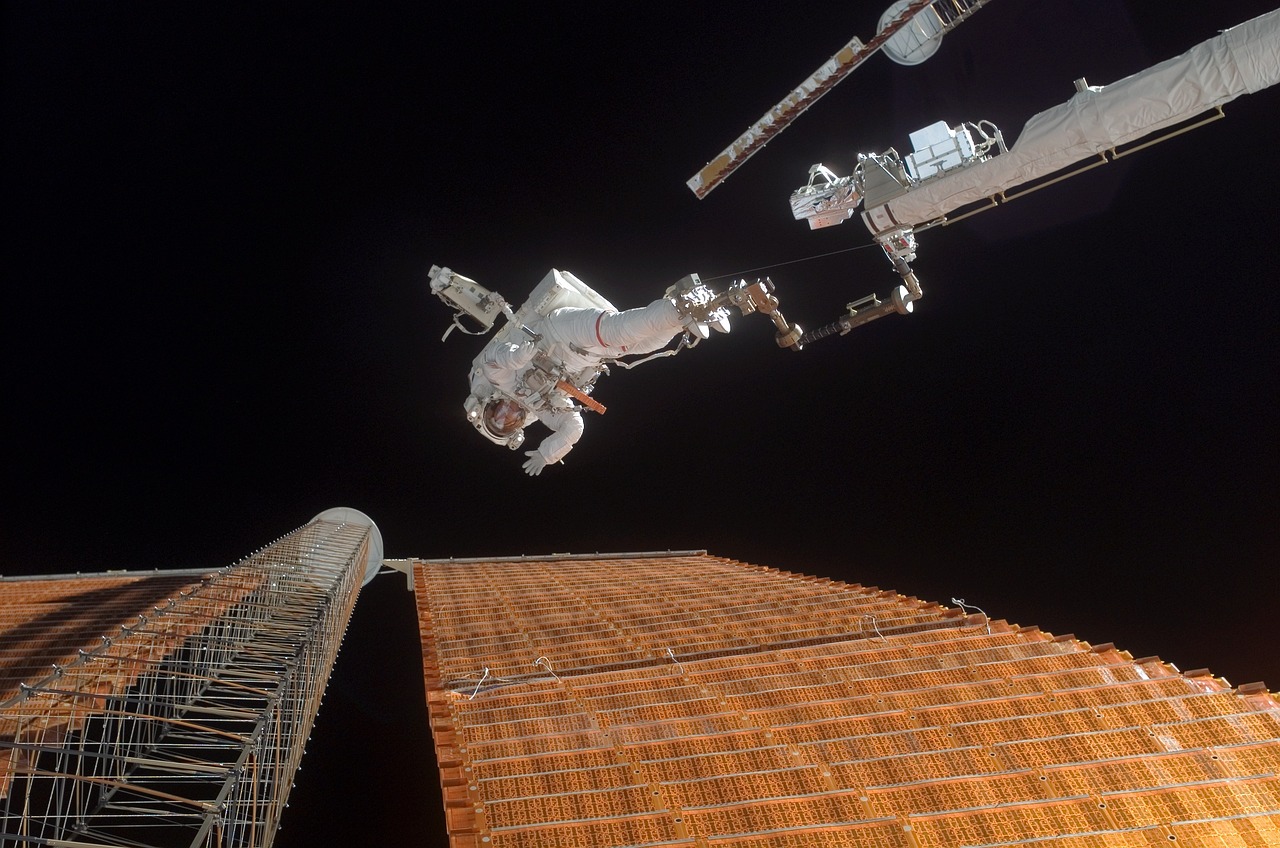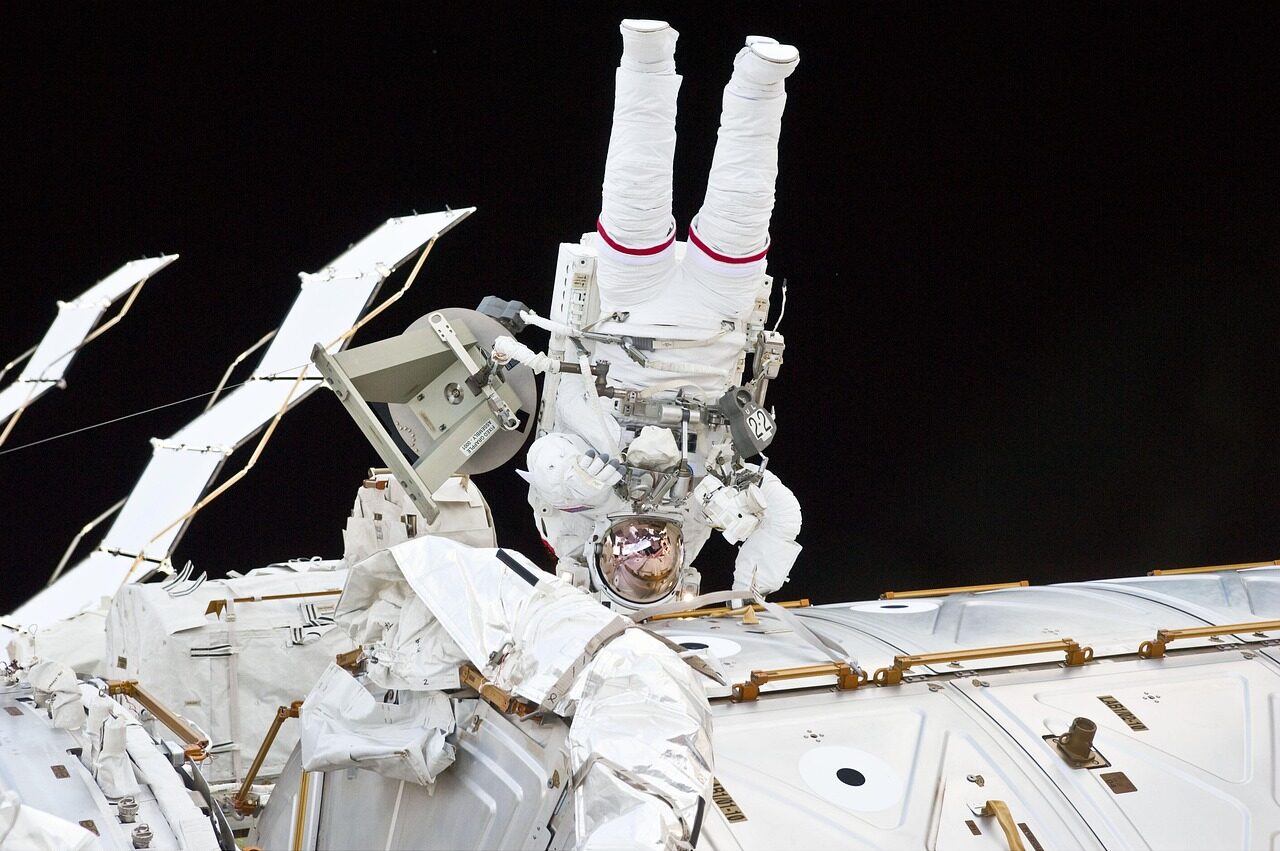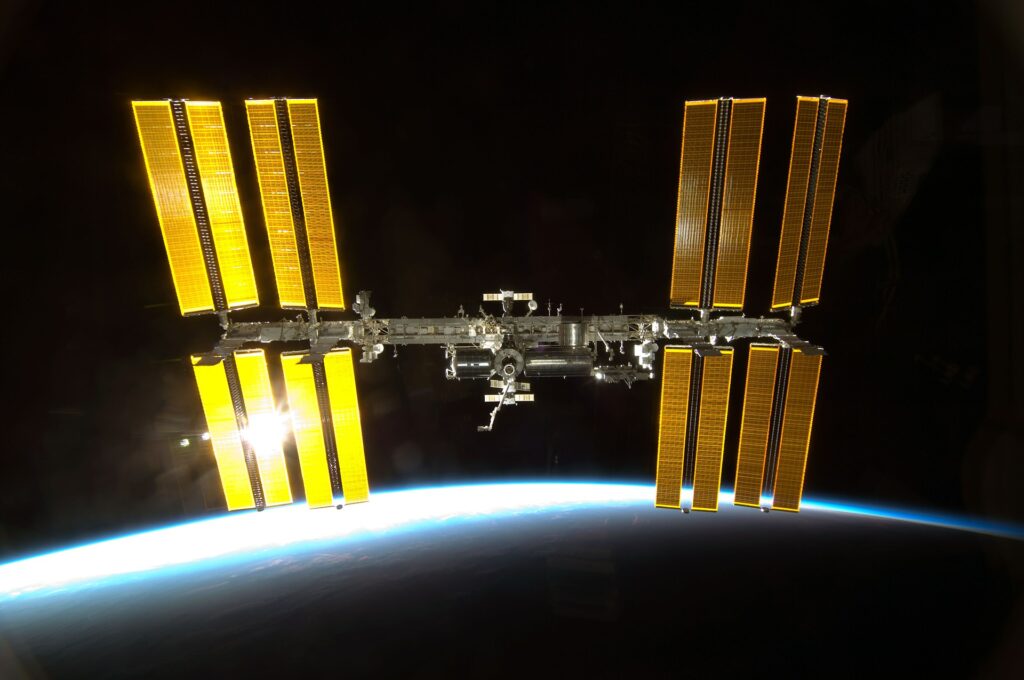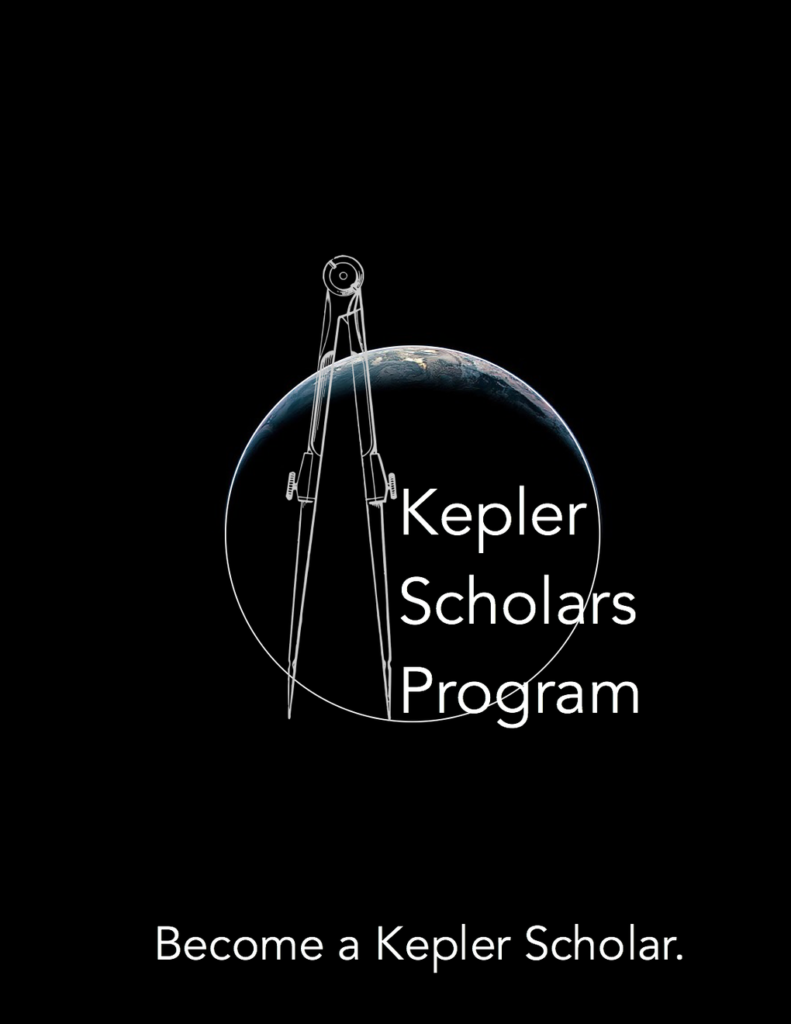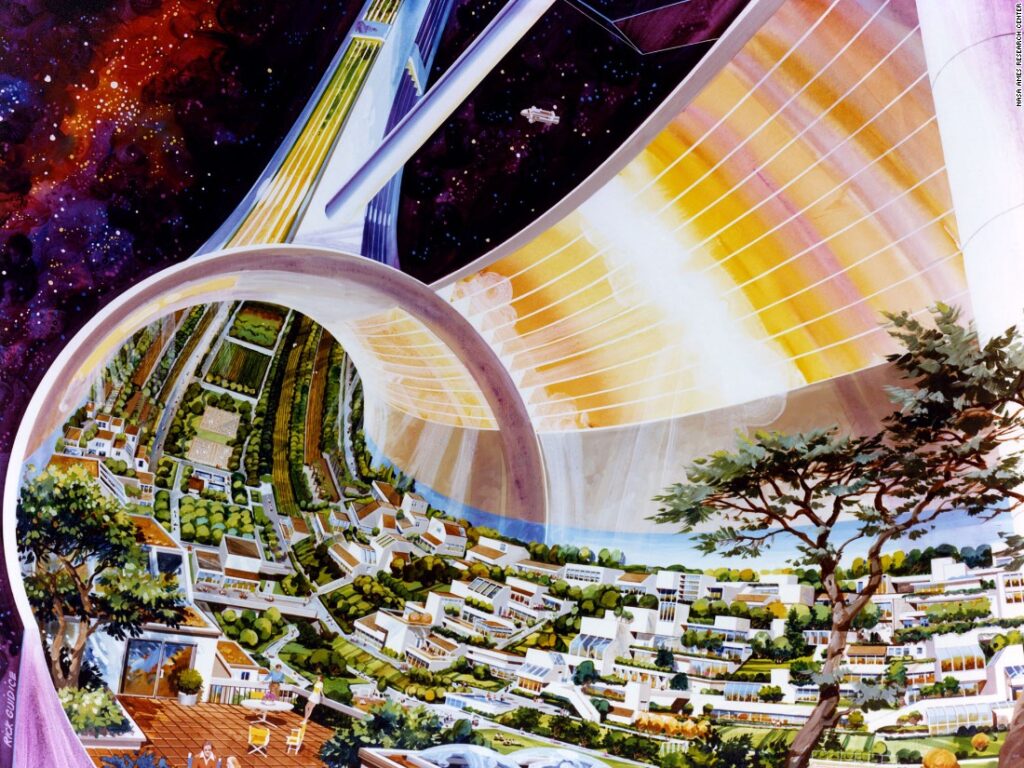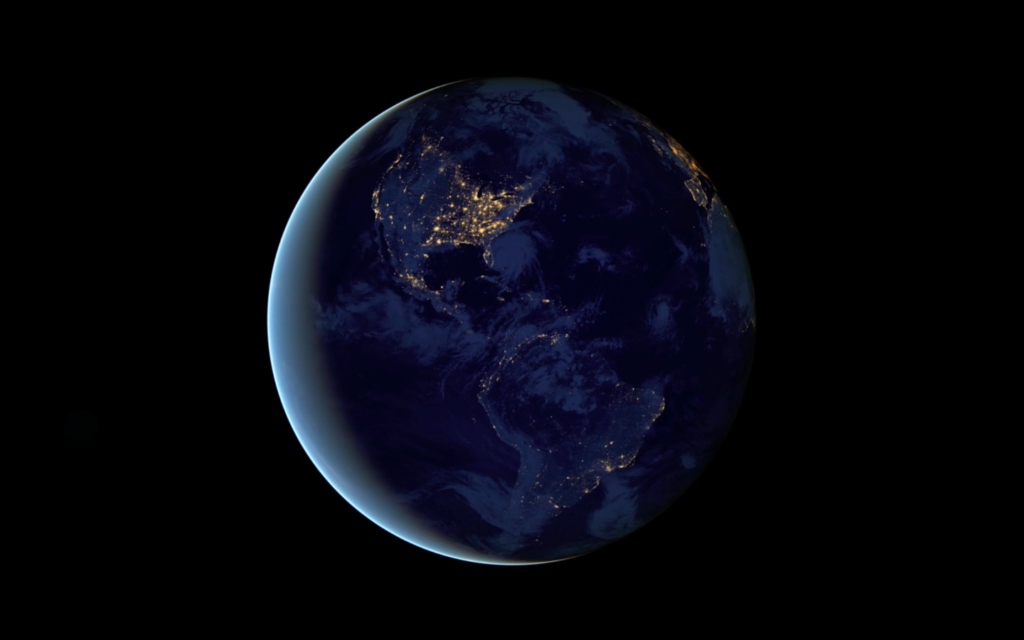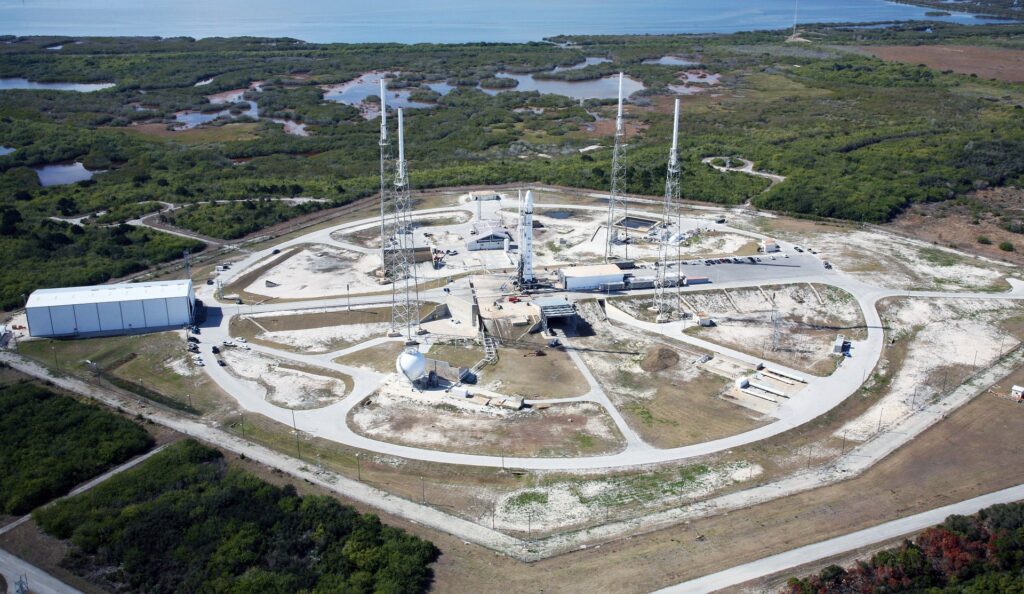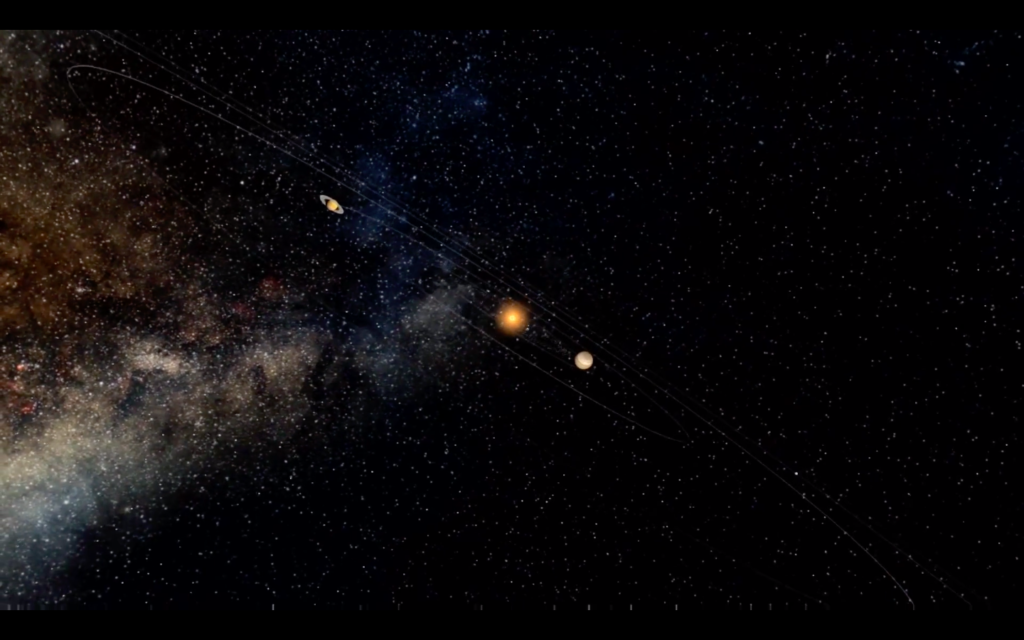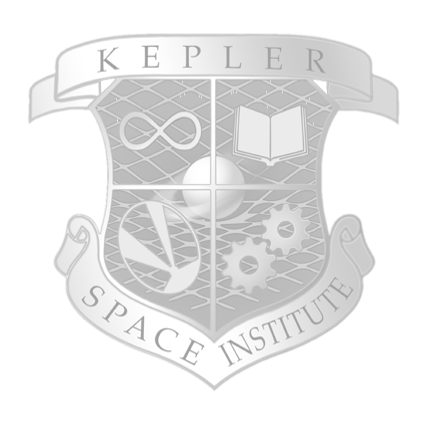Space Programs
DEGREES AND PROGRAMS
JOURNAL OF SPACE PHILOSOPHY
KEPLER SCHOLARS
SPACE RESEARCH
THE ARCS OF EXCELLENCE
ARCHIVES AND SPECIAL COLLECTIONS
ORBITS
Information Applicable to Graduate Studies Programs
Program Completion
To be awarded a certificate, students must successfully complete four courses for a total of twelve hours of course credit. To be awarded a master’s degree, students must successfully complete twelve courses for a total of thirty-six hours of course credit.
Program completion dates are determined by the student’s course enrolment schedule and pace.
Class schedules, times, and dates are included in the course registration materials found atwww.KeplerSpaceInstitute.com. Specific information about course registration dates can be found in the Academic Calendar.
Academic Calendar
Spring Semester 2023
| Sep 05 2022 | Mon | Applications accepted |
| Dec 05 2022 | Mon | Course registration begins |
| Jan 02 2023 | Mon | Application for admissions deadline |
| Jan 09 2023 | Mon | Course registration deadline/online orientation available |
| Jan 09 2023 | Mon | All tuition and fees due |
| Jan 09 2023 | Mon | First day of class |
| Jan 16 2023 | Mon | Last day of Add/Drop |
| Jan 17 2023 | Tue | Application for Co-op Program deadline |
| Feb 17 2023 | Fri | Last day to withdraw with a W on the transcript |
| Fed 20 2023 | Mon | First day of mid-term exams |
| Apr 21 2023 | Fri | Last day of regular classes |
| Apr 24 2023 | Mon | First day of final exams |
| Apr 28 2023 | Fri | Last day of semester |
| May 03 2023 | Wed | Grades posted |
Summer Semester 2023
| Dec 19 2022 | Mon | Applications accepted |
| Apr 03 2023 | Mon | Course registration begins |
| May 01 2023 | Mon | Application for admissions deadline |
| May 08 2023 | Mon | Course registration deadline/online orientation available |
| May 08 2023 | Mon | All tuition and fees due |
| May 08 2023 | Mon | First day of class |
| May 15 2023 | Mon | Last day of Add/Drop |
| May 16 2023 | Tue | Application for Co-op Program Deadline |
| June 16 2023 | Fri | Last day to withdraw with a W on the transcript |
| June 12 2023 | Mon | First day of mid-term exams |
| Aug 22 2023 | Tue | Last day of regular classes |
| Aug 23 2023 | Wed | First day of final exams |
| Aug 31 2023 | Thu | Last day of semester |
| Sep 06 2023 | Wed | Grades posted |
Fall Semester 2023
| Jan 16 2023 | Mon | Applications accepted |
| Aug 01 2023 | Tue | Course registration begins |
| Sep 01 2023 | Fri | Application for admissions deadline |
| Sep 05 2023 | Tue | Course registration deadline/online orientation available |
| Sep 05 2023 | Tue | All tuition and fees due |
| Sep 05 2023 | Tue | First day of class |
| Sep 12 2023 | Tue | Last day of Add/Drop |
| Sep 13 2023 | Wed | Application for Co-op Program Deadline |
| Sep 29 2023 | Fri | Last day to withdraw with a W on the transcript |
| Oct 09 2023 | Mon | First day of mid-term exams |
| Dec 15 2023 | Fri | Last day of regular classes |
| Dec 18 2023 | Mon | First day of final exams |
| Dec 22 2023 | Fri | Last day of semester |
| Dec 27 2023 | Wed | Grades posted |
Financial Obligation
Application Fee (one -time, nonrefundable): $150 Subscription to The Space Library (required each semester): $150 All Certificate Programs (four courses at $2,000 per course): $8,000 Graduation Fee Digital Graduate Certificate (one-time, non-refundable): $100 or Graduation Fee Digital and Hardbound Graduate Certificate (one-time, non-refundable): $250.
Total cost for Graduate Certificate Program is $8,150, $150 per semester for library fees, and graduation fee.
Total cost for Master of Science Degree Program is $24,150 plus $150 per semester for library fees and graduation fee.
All books and resources are covered under subscription to The Space Library. The Institute accepts only secure online payments via credit or debit cards or PayPal. Financial arrangements for the satisfaction of student account balances must be completed prior to the first day of classes.
All financial obligations must be satisfied.
Refund Obligations
Students officially withdrawing from a course or courses on or before the withdrawal deadline for the corresponding semester will receive a prorated tuition credit as described below. Refer to the appropriate term in the current academic calendar for exact dates.
- On or before the add/drop deadline (7 calendar days after first day of class) – 100% credit
- On or before ten calendar days after the end of the add/drop period – 75% credit
- After the deadline of the 75% credit until the withdrawal deadline – 50% credit
- After the withdrawal deadline – no credit
- Students withdrawing after deadline due to emergency, death in family, Illness, etc. please contact the office of the Provost for review to obtain tuition refund
Any amount credited under this section will be applied first to any unpaid charges on the student’s account. Any remaining tuition will be refunded and made to students within 30 days of withdrawal date or last attendants.
No adjustments are made for any fees. Any appeal regarding withdrawals or drop refunds should be directed to the Vice President for Finances.
Dates and Deadlines
Start dates for classes each semester are listed in the academic calendar which can be found in the Kepler Space Institute catalog and online at www.KeplerSpaceInstitute.com.
Withdrawals
If an enrolled student wishes to withdraw from the Institute, dropping all courses, he or she must comply with the withdrawal process described below. Withdrawal covers all course enrollments for a given registration period regardless of their meeting schedule. The policy for dropping an individual course is described in the Student Withdrawal and Dropped Courses section on page 41 of the catalog. Students who leave the Institute without proper permission automatically suspend themselves and can be re-admitted only by special approval of the dean of the appropriate department. A grade of F is recorded for all courses when a student leaves without prior approved withdrawal.
Medical Withdrawal
Students seeking a medical withdrawal should contact the office of the Provost and Vice President for Student Affairs, which serves as administrator of medical withdrawals for all students. Students who are granted medical withdrawal will receive a grade of “W” assigned for each course. No credit is earned, and the grade point average is not affected. Medical withdrawals have no effect on the student account balance other than the normal withdrawal policies stated under the Student Withdrawal and Dropped Courses section on page 41 of the catalog. The medical withdrawal form is available on www.KeplerSpaceInstitute.com.
Official Student Withdrawal Procedures
- The student must complete the withdrawal process at least two weeks prior to the last day of classes in a semester. Students may not withdraw during the last two weeks of a semester.
- The withdrawal process is initiated with and must be approved by the dean of the program in which the student is enrolled. The withdrawal form can be found on www.KeplerSpaceInstitute.com.
- To complete the withdrawal process, the withdrawal form must be submitted to the dean of the program in which the student is enrolled. Once initiated, the withdrawal process must be completed within seven calendar days. No withdrawal forms will be accepted after 4:30 p.m. on the last day to officially withdraw during that semester.
- When a student completes the withdrawal process, it will be recorded on the permanent academic record as follows.
- If completed before the mid-term withdrawal date (see the Academic Calendar for specific date), a grade of W will be assigned for each course. No credit is earned, and the grade point average is not affected.
- If completed after the mid-term withdrawal date, a grade of WP or WF will be assigned for each course according to the instructor’s evaluation of the student’s performance to that point. WF’s are treated as credits attempted, and the grade point average is affected. WP’s do not affect the grade point average and no credit is earned.
- Students who stop attending class/completing assignments and do not use the official withdrawal process will have their refund held and will be placed on administrative probation until such time as their circumstances are reviewed by the provost or provost designee.
- In the event that there is no resolution of the refund, contact the organization listed below.
The Commission of Independent Education
Florida Department of Education
325 West Gaines Street, Suite 1414 Tallahassee, FL 32399-0400
Phone: 888-224-6688
Termination of Admission Agreement
This contract is terminated if and when officially or unofficially withdrawals from all programs. Once terminated student must reapply to the Institute for re-admission.
Certified Higher Education Professionals




